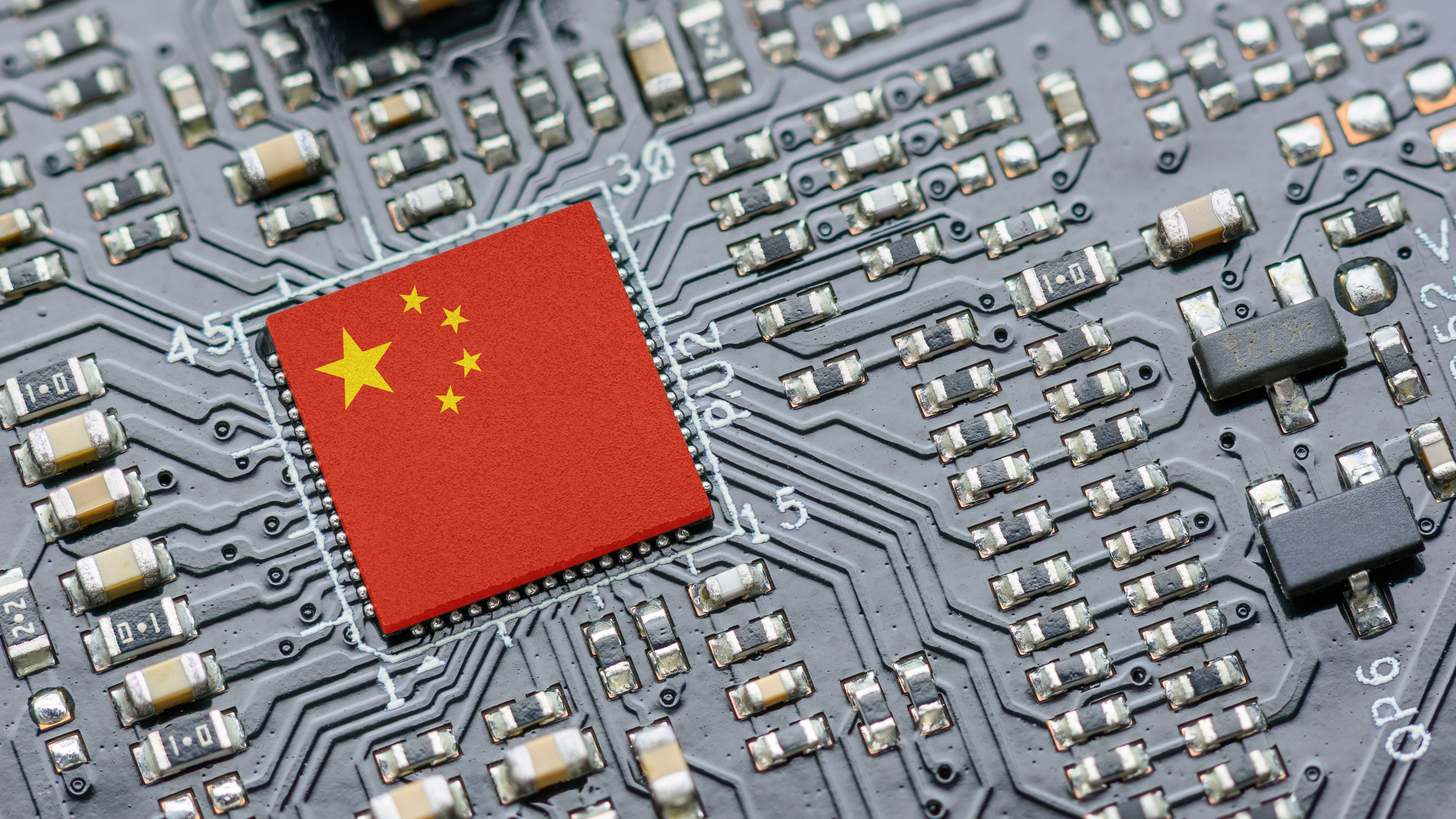$335 billion in exceptions granted for sanctioned Chinese companies in the last five years — U.S. gov't revoked eight export licenses for Huawei this year
No more advanced chips for Huawei?

Earlier this year, the U.S. government revoked export licenses that allowed Intel and Qualcomm to ship some of their processors to blacklisted China-based Huawei. Apparently, these were not exceptions. In all, the U.S. has granted $335 billion in exceptions for blacklisted Chinese firms over the last five years, but it is now cracking down on exports further. The U.S. government has revoked eight licenses this year that previously permitted certain companies to ship goods to Huawei, reports Reuters. This action aims to intensify pressure on Huawei as it shows signs of recovery despite U.S. sanctions.
The U.S. Commerce Department Bureau of Industry and Security, which manages U.S. export regulations, disclosed the license revocations but initially did not specify which suppliers were impacted. However, from their filings with the U.S. Security Exchange Commission, we know that Intel and Qualcomm (possibly, among others) were impacted. Meanwhile, both Intel and Qualcomm sold some of their more advanced processors to Huawei to use inside their PCs and 4G smartphones.
Reuters claims, based on documents it has seen, that the recently granted licenses pertained to components common for consumer electronics, such as touchpads and touchscreen sensors for tablets, which are readily available from other sources.
These revocations are parts of the Biden administration's strategy to hinder Huawei's financial development and technology progress. Despite these efforts, Huawei has experienced significant growth. Notably, its smartphone sales surged by 64% year-on-year in the first six weeks of 2024 as these handsets were powered by Huawei's own processors designed by Hisilicon and produced by SMIC. Additionally, Huawei's smart car components business recorded in 2023 has contributed to its fastest revenue growth in four years, which is unsurprising as car components tend to be made on mature semiconductor process technologies, which are not restricted.
The U.S. government began restricting shipments of advanced technologies to Huawei in 2019 and included the company and its subsidiaries on its Entity List in 2020. Being on this list requires Huawei's suppliers to obtain a special export license from the U.S. government, which reviews applications with a presumption of denial.
Despite this, many suppliers received licenses worth billions of dollars, according to Reuters. The Commerce Department revealed that from 2018 to 2023, $335 billion worth of licenses were approved for sale to Chinese entities on the restriction list. In Biden's first year in office, 2021, licenses worth $222 billion were approved out of $560 billion in applications.
The current strategy of the U.S. government aims to balance commercial interests with national security imperatives amidst pressure from Republican lawmakers to take a tougher stance on Chinese technology firms.
Get Tom's Hardware's best news and in-depth reviews, straight to your inbox.
Huawei's ongoing growth and strategic moves, such as its collaboration with SMIC, indicate its resilience and ability to circumvent U.S. restrictions amid the ongoing trade and chip wars between the U.S. and China. The question is if the company can keep that momentum as the US further tightens sanctions.

Anton Shilov is a contributing writer at Tom’s Hardware. Over the past couple of decades, he has covered everything from CPUs and GPUs to supercomputers and from modern process technologies and latest fab tools to high-tech industry trends.
-
DS426 Was there ever an explanation on why Intel's export license was approved last year but AMD's was not?Reply